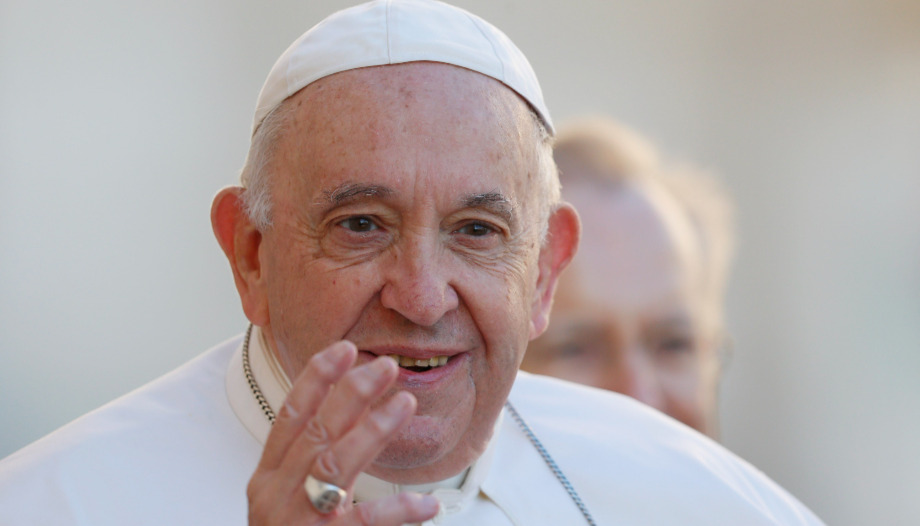 Pope Francis begins catechesis on discernment
Pope Francis begins catechesis on discernment Discernment in the family environment
Discernment in the family environment When the devil works in an extraordinary way
When the devil works in an extraordinary wayPope Francis held his third audience on the subject of the discernmentThe Pope points out that "we do not know how to discern because we do not know ourselves well enough, and so we do not know what we really want. The Pope points out that "we do not know how to discern because we do not know ourselves well enough, and so we do not know what we really want. At the root of spiritual doubts and vocational crises there is often an insufficient dialogue between religious life and our human, cognitive and affective dimension".
The Pontiff quoted a text by the Jesuit Thomas Green, a specialist in spiritual accompaniment, who points out that knowing the will of God often depends on problems that are not properly spiritual, but rather psychological. Thus writes this author: "I have come to the conviction that the greatest obstacle to true discernment (and to true growth in prayer) is not the intangible nature of God, but the fact that we do not know ourselves sufficiently, and do not even want to know ourselves for what we truly are. Almost all of us hide behind a mask, not only in front of others, but also when we look in the mirror" (Th. Green, Tares among the wheatRome, 1992, 25).
Self-knowledge to know God
"Forgetting God's presence in our lives," the Pope continued, "goes hand in hand with ignorance about ourselves, about the characteristics of our personality and about our deepest desires. Knowing oneself is not difficult, but it is tiring: it involves a patient work of interior excavation". To know oneself it is necessary to reflect on one's own feelings, needs and the set of unconscious conditioning we have.
The Holy Father stressed the importance of distinguishing carefully between the different psychological states, because it is not the same to say "I feel" as "I am convinced", "I feel like" or "I want". Each of these thoughts has important nuances, which can lead to self-knowledge or self-deception. And so people become self-limiting, to the point that "it can often happen that erroneous convictions about reality, based on past experiences, strongly influence us, limiting our freedom to take a chance on what really counts in our lives".
Examination of conscience
If one does not know oneself well, it facilitates the task of the "tempter" (this is how the devil was referred to), because he easily attacks human weakness. In the Pope's words: "Temptation does not necessarily suggest bad things, but often disordered things, presented with excessive importance. In this way it hypnotizes us with the attractiveness that these things arouse in us, beautiful but illusory things, which cannot keep what they promise, leaving us in the end with a sense of emptiness and sadness." Specifying some examples that can be misleading, he pointed to laudable goals - such as an academic degree, a professional career, personal relationships - but which can cloud our expectations, especially as thermometers of personal worth. "From this misunderstanding," he continued, "often derive the greatest suffering, because none of these things can be the guarantee of our dignity."
The devil uses "persuasive words to manipulate us", but it is possible to recognize him if one goes to the "examination of conscience, that is to say the good habit of rereading calmly what happens in our day, learning to notice in the evaluations and in the choices what we give more importance to, what we are looking for and why, and what we have found at the end. Above all, learning to recognize what satisfies the heart. Because only the Lord can give us confirmation of our worth. He tells us every day from the cross: he died for us, to show us how much we are valuable in his eyes. There is no obstacle or failure that can prevent his tender embrace".











